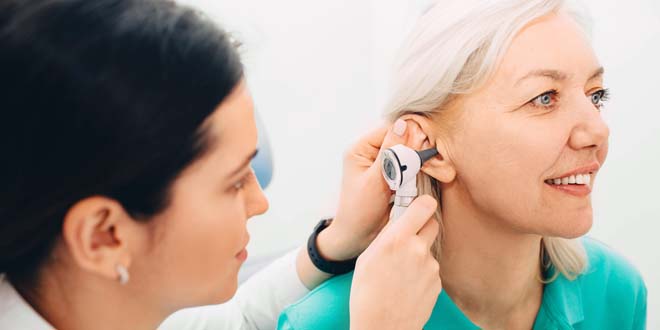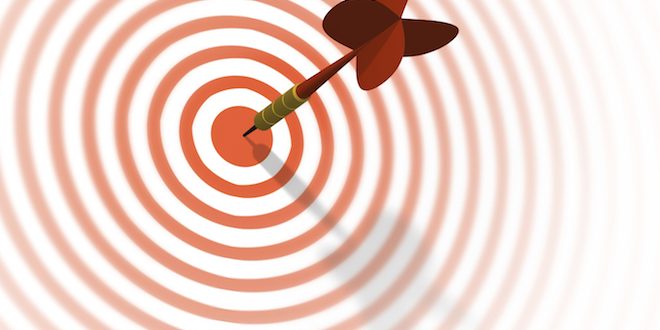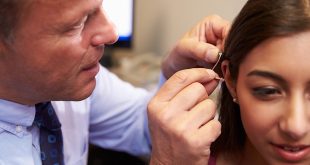Is there a connection between diabetes and hearing loss?
Researchers have shown a connection between diabetes and hearing loss. Read on to learn more about what may cause hearing loss in people with diabetes and what to do if you think you may have hearing loss.
How common is hearing loss in people with diabetes?
Studies have shown that people with diabetes are twice as likely to have hearing loss than people who don’t have the condition. People with prediabetes have a 30% higher rate of hearing loss than those without the disease.
What causes hearing loss in people with diabetes?
Researchers aren’t entirely sure what causes hearing loss in people with diabetes, but they do have some theories as to why it happens:
- Chronic high blood glucose levels can damage blood vessels and disrupt the flow of blood throughout the body. In the human ear, a small organ called the cochlea is responsible for our hearing. The cochlea is dependent on good blood flow to ensure that we hear properly. Just as nerve and blood vessel damage can cause complications of diabetes – such as heart disease, kidney disease or neuropathy – damage to the cochlea can cause hearing loss.
- Damage to the blood vessels in the ear may also be a result of extreme fluctuations in blood sugar levels, i.e. from very high to very low. If you have a high risk of hyperglycemia, or a history of moderate to severe episodes of hypoglycemia, you may be at increased risk of hearing loss.
- A build-up of pressure in the ears may also result in hearing loss associated with diabetes. Prolonged high blood sugar levels, or frequent swings from high to low blood sugars, may cause the cochlea to become inflamed or swollen; this pressure can damage the tissue and blood vessels in the ear.
What are the risk factors?
The main risk factors for hearing loss in people with diabetes are:
- Continually high A1C levels
- Prolonged high blood sugar levels
- Extreme fluctuations in blood sugar levels, from very high to very low
Based on research, the relationship between diabetes and hearing loss has been established, but is less well-known than other diabetes-related complications. It is recommended that all people with diabetes have an initial hearing evaluation when they are diagnosed. In Canada, hearing tests should be performed by an experienced hearing care professional. After that initial assessment with your hearing care professional, a plan for your hearing health needs can be established along with appropriate follow-up services. Now, hearing screening tests can even be completed online. Be proactive and get checked: early detection and management of hearing loss can help to reduce complications in the future.
This article has been sponsored by an unrestricted educational grant from Lifestyle Hearing Corporation.
 Diabetes Care Community Learn, connect and care
Diabetes Care Community Learn, connect and care






